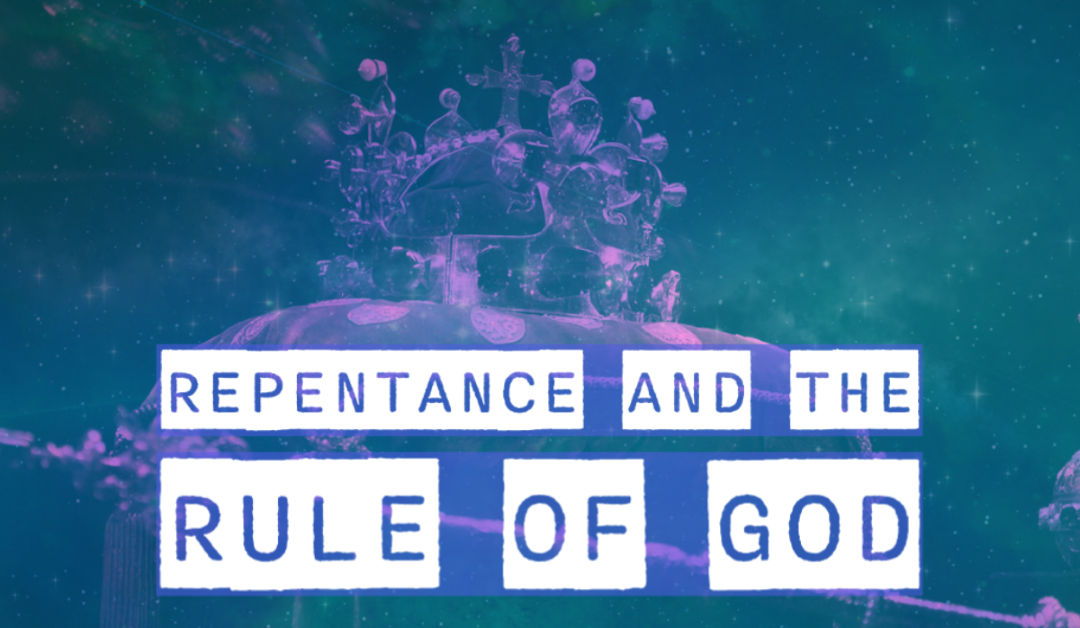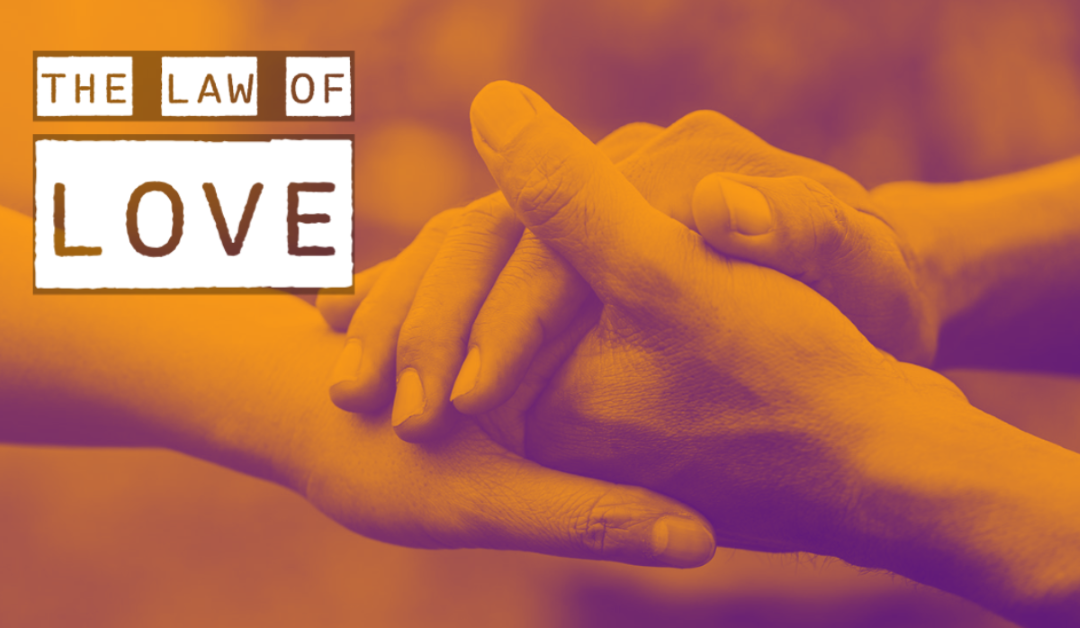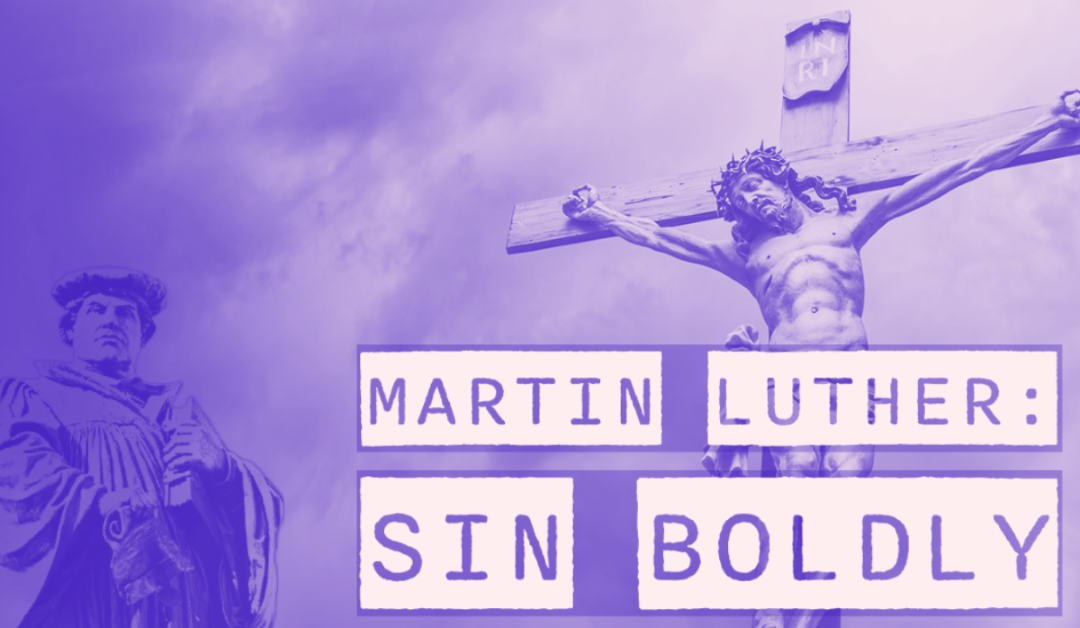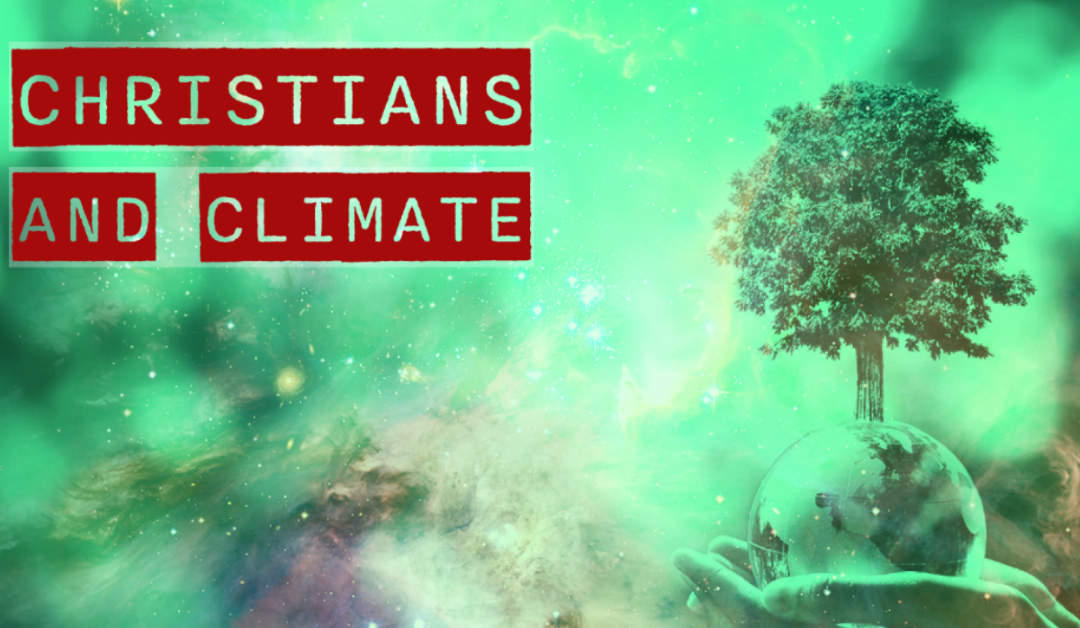Life is filled with questions.
“Who am I?”
“Why am I here?”
“What is the meaning of life?”
“Where is all of this going?”
And ultimately- as my dad used to say – the biggest and deepest philosophical question of them all, is simply “Why?”
Do you know who you are?
Are you looking for deeper meaning in your everyday life?
You have come to the right place.
The search for self and purpose has always been a compelling journey. The pursuit and formation of identity towards self-realization (the fulfilment of one’s own potential) is an ongoing process that all of us, whether aware of it or not, go through. We are constantly changing, developing, growing, evolving into ‘something’ – the question we are asking today, instead of any and all other questions we might’ve come up with for this preamble – is just what this ‘something’ should be defined as.
According to Merriam-Websters online dictionary Identity can be defined as follows:
Identity noun:
Peter Weinreich defines identity as follows:
“A person’s identity is defined as the totality of one’s self-construal, in which how one construes oneself in the present expresses the continuity between how one construes oneself as one was in the past and how one construes oneself as one aspires to be in the future”
In other words – your identity is something that is built and constructed over time. A term I prefer is self-concept. This term, used in the social sciences, proposes that our identity as a whole is made up of various concepts and beliefs about ourselves – created, constructed and gathered together through external and internal stimuli and experiences – and that it includes our ideas of our past selves (where I was) and future selves (where I’m going) to form a complete picture of who we are. Your self-concept is the total of everything you’ve ever experienced, where you’ve been, what you did – every word spoken about and by you, every thought that ever crossed your mind, and every truth or untruth you have assimilated or made a part of yourself. What you will do, say and become in the future flows from this. A healthy self-concept will lead us on to a happy, fulfilled life.
The unfortunate reality of life, however, is that not all of us come from happy homes. We did not all have rose-tinted childhoods. We did not all make good choices as youths or young adults. Life is not always fair. Trials, tribulations and tragedy has crossed our paths – and not everything that doesn’t kill you makes you come out stronger – many of us have come out of our storms weary, burdened and tired, and some of us never seem to recover.
The good news is that even though this might be a grand truth in the greater scheme of things – that hardships do happen across our paths every now and again, that trials and tribulations do come, there is always hope. Hope of reconciliation. Hope of restoration. Hope of renewal.
I would like to share with you from Romans 5:
Therefore, since we have been justified through faith, we have peace with God through our Lord Jesus Christ, through whom we have gained access by faith into this grace in which we now stand. And we boast in the hope of the glory of God. Not only so, but we also glory in our sufferings, because we know that suffering produces perseverance; perseverance, character; and character, hope. And hope does not put us to shame, because God’s love has been poured out into our hearts through the Holy Spirit, who has been given to us.
You see, at just the right time, when we were still powerless, Christ died for the ungodly. Very rarely will anyone die for a righteous person, though for a good person someone might possibly dare to die. But God demonstrates his own love for us in this: While we were still sinners, Christ died for us.
I believe that God had a specific blueprint in mind when He created you – just like He had a specific blueprint in mind when He created me. He had an idea of what He would like us to be like – what He would like us to become.
In the book of Jeremiah, chapter 29, it says that God has plans for us, for good and not for evil. Over the years it has always been a passage that I have applied to myself – a promise for me – the promise of a hopeful and prosperous future. Recently, however, I have seen this verse through a new lens.
John describes Jesus in John 1:1: as the Word, or LOGOS.
Encyclopaedia Britannica has the following to say:
Logos, (Greek: “word,” “reason,” or “plan”) plural logoi, in ancient Greek philosophy and early Christian theology, the divine reason implicit in the cosmos, ordering it and giving it form and meaning. Although the concept is also found in Indian, Egyptian, and Persian philosophical and theological systems, it became particularly significant in Christian writings and doctrines as a vehicle for conceiving the role of Jesus Christ as the principle of God active in the creation and the continuous structuring of the cosmos and in revealing the divine plan of salvation to human beings. It thus underlies the basic Christian doctrine of the preexistence of Jesus.
In other words, John 1:1: could be read as follows: In the beginning was the PLAN, and the PLAN was with God, and the PLAN was God. God’s plan for the salvation and sanctification of His creation was to give Himself. Jesus therefore is GOD incarnate and moving in our midst.
While amongst His disciples, Jesus promises the outpouring and baptism of the Holy Spirit (John 14) – the indwelling of His Spirit in the hearts of believers. We see this outpouring and the expansion of God’s Gracious Kingdom throughout the book of Acts and onward in the New Testament.
We’ll have a look at two more passages, before revisiting Jeremiah:
Acts 1:4-8:
Gathering them together, He commanded them not to leave Jerusalem, but to wait for what the Father had promised, “Which,” He said, “you heard of from Me; for John baptized with water, but you will be baptized with the Holy Spirit not many days from now.” So when they had come together, they were asking Him, saying, “Lord, is it at this time You are restoring the kingdom to Israel?” He said to them, “It is not for you to know times or epochs which the Father has fixed by His own authority; but you will receive power when the Holy Spirit has come upon you; and you shall be My witnesses both in Jerusalem, and in all Judea and Samaria, and even to the remotest part of the earth.”
We see here a promise, by Jesus, that the disciples will receive the Holy Spirit, and that the impartation of His Spirit will give them a new identity and purpose as witnesses to the ends of the earth.
In the third chapter of Colossians, Paul urges us to set our minds and hearts on the things above, where Christ is. This does not literally imply that there are things ‘above’ us, but rather implies the priority of certain attitudes, behaviours, principles, and goals. It implies that we must strive to be imitators of Christ (Eph 5:1). He reminds us that our identity is to be fully rooted in Christ.
I share with you an earlier statement by Paul in the same letter to the church in Colossae.
Colossians 1:15-20: The Son is the image of the invisible God, the firstborn over all creation. For in him all things were created: things in heaven and on earth, visible and invisible, whether thrones or powers or rulers or authorities; all things have been created through him and for him. He is before all things, and in him all things hold together. And he is the head of the body, the church; he is the beginning and the firstborn from among the dead, so that in everything he might have the supremacy. For God was pleased to have all his fullness dwell in him, and through him to reconcile to himself all things, whether things on earth or things in heaven, by making peace through his blood, shed on the cross.
From the very beginning we were created by Him – through Him and for Him.
Now let’s look at the promise in Jeremiah 29
This is what the Lord says: “When seventy years are completed for Babylon, I will come to you and fulfill my good promise to bring you back to this place. For I know the plans I have for you,” declares the Lord, “plans to prosper you and not to harm you, plans to give you hope and a future. Then you will call on me and come and pray to me, and I will listen to you. You will seek me and find me when you seek me with all your heart. I will be found by you,” declares the Lord, “and will bring you back from captivity. I will gather you from all the nations and places where I have banished you,” declares the Lord, “and will bring you back to the place from which I carried you into exile.”
If we look at the full chapter we find that this is not a promise made to an individual – but to a collective. This does not diminish the fact that God has plans for you as an individual, but on the contrary, makes the promise so much bigger.
God not only has plans of good FOR you, He also has plans of good THROUGH you.
This is a promise of restoration. It is a promise of liberation from the chains that bind us, freedom from the captivity of sin – but also a promise of empowerment. Through the Gospel we are made new.
In Romans 5:6 (shared earlier) it says that while we were still powerless Jesus died for us on the Cross. It also states in verse 1 and 2 that there has been a change in our state of being – where before we were condemned under the rule of the law, we are now justified – the death warrant has been torn to shreds – and we are standing in God’s grace. A paradigm shift has occurred. We were powerless – but now the same Spirit that raised Christ from the dead works in us and through us. We were walking with one foot in the grave, now we are standing fully in His grace.
This is the same grace that was paid for by the blood of the Spotless Lamb, the sacrifice of our High Priest and Intercessor – our Messiah, our Saviour – the blood that Jesus shed on the cross. The same blood that washes away our iniquity and sin and paid for the healing of our infirmities. (Isaiah 53). It is the blood of Jesus that restores us, that nudges us back on the track, towards the beautiful blueprint God had in mind when He first imagined you.
2 Corinthians 5:12-19:For we do not commend ourselves again to you, but give you opportunity to boast on our behalf, that you may have an answer for those who boast in appearance and not in heart. For if we are beside ourselves, it is for God; or if we are of sound mind, it is for you. For the love of Christ compels us, because we judge thus: that if One died for all, then all died; and He died for all, that those who live should live no longer for themselves, but for Him who died for them and rose again.
Therefore, from now on, we regard no one according to the flesh. Even though we have known Christ according to the flesh, yet now we know Him thus no longer. Therefore, if anyone is in Christ, he is a new creation; old things have passed away; behold, all things have become new. Now all things are of God, who has reconciled us to Himself through Jesus Christ, and has given us the ministry of reconciliation, that is, that God was in Christ reconciling the world to Himself, not imputing their trespasses to them, and has committed to us the word of reconciliation.”
Once again, in verse 19 we see the usage of the word LOGOS – the divine plan of God. Through the impartation of the Holy Spirit, Paul goes on to explain, we have become ambassadors of Christ – the physical hands and feet of the unseen God. Through the indwelling of the Holy Spirit, God is in us and wishes to work through us so that we may be distributors of the goodness and the grace that He has given us.
In 2 Corinthians 5:21 Paul makes it clear that we have received a new identity through Jesus and our reconciliation and identification with His death, burial and resurrection through the baptism of the Holy Spirit – that the old has passed away and that we are new creations and ambassadors of Christ. Not only does Paul tell us that we have a new identity – he tells us who we are (new creations, ambassadors of Christ, ministers of reconciliation).
He also explains our purpose – what we are (the righteousness of God in Christ) (verse 21). Finally, Paul answers the biggest question – why we are, and the answer is that we are to be ministers of reconciliation, committed to the LOGOS – the divine plan of salvation, the mighty name of Jesus. We are to impart this freedom to the unsaved.
What then becomes of the old? Even though it has passed away, does that mean it is forgotten?
1 Peter 2:9 states that we are a royal priesthood, a peculiar people called to proclaim the goodness of Him who called us out of darkness and into the light.
The old things that have passed away refers to our old ways of thinking and doing – a kind of transfusion has taken place.
Galatians 2:20 “I have been crucified with Christ and I no longer live, but Christ lives in me. The life I now live in the body, I live by faith in the Son of God, who loved me and gave himself for me.”
The Spirit now guides our thoughts and actions, and no longer the flesh. We think and are mindful – as per Colossians 3 – of the things above, where Christ is – His priorities now become our priorities, our hearts break for that which breaks His heart.
A heart transplant has taken place. No longer do we have hearts of stone – it has been replaced by a heart of flesh – a heart that beats for God and His children.
Our thinking is renewed and our old darkness is illuminated, our past is now a proclamation of the goodness of God – the fact that He has taken us from such depths and placed us on the solid ground, that He has planted us upon the Rock of our Salvation.
As a recovering drug addict and alcoholic, as someone who has made a lot of mistakes and has walked a long and oftentimes strange, occasionally confusing, and sometimes arduous but ALWAYS wonderful and rewarding road with Jesus – as someone who has found peace and comfort in the shelter of His arms – I know that there are many things in my past that I am not proud of, but that there is reason for celebration in our boasting in Christ and His redeeming love, the same love that took me from the slow of despair and made me rise up with wings as an eagle. And these same things that I am not proud of, these same old wounds that still hurt when they are opened up, are battle scars that prove my victory in Christ. These same old things – my past has become a proclamation of the fact that our God still saves, that Jesus still loves, that the Holy Spirit still moves.
My mess is a message, and the tests I have been through a testimony – and the same goes for you. Don’t let the enemy remind you of your past, don’t let him keep you down. We have been redeemed by Christ’s eternal and ever enduring love, we have been saved through His grace. You are more than a conqueror in Christ Jesus, there is no condemnation for those who are in Christ and walk according to the Spirit and not the flesh, and nothing can ever separate you from His love and mercy except yourself.
I leave you with two final passages from John 14
“I will not leave you as orphans; I will come to you. Before long, the world will not see me anymore, but you will see me. Because I live, you also will live. On that day you will realize that I am in my Father, and you are in me, and I am in you. Whoever has my commands and keeps them is the one who loves me. The one who loves me will be loved by my Father, and I too will love them and show myself to them.”
“All this I have spoken while still with you. But the Advocate, the Holy Spirit, whom the Father will send in my name, will teach you all things and will remind you of everything I have said to you. Peace I leave with you; my peace I give you. I do not give to you as the world gives. Do not let your hearts be troubled and do not be afraid.
According to the definition earlier in this article, identity is defined as:
-
The distinguishing character or personality of an individual.
-
The condition of being the same with something or asserted.
The second definition felt out of place when I was writing this, and I think it’s because we have a built in desire – more than the desire to fit in – to stand out and be unique, to be special, to be our own person.
But the longer I spent in front of my laptop, the more it made sense. The more it felt necessary.
The flesh will always oppose the spirit and will always overwhelm the spirit if we allow it. Peter calls us a peculiar people, he calls us pilgrims, he calls us strangers.
Peter calls us pilgrims and strangers because we are to be in the world but not of it. We are ambassadors establishing the Kingdom in a foreign land. We are always to recognize and remember our citizenship in the Kingdom of Heaven. That is why Paul cautions us to walk according to the Spirit – to walk by faith and not by sight, and to run this race with endurance.
We want to be like Jesus. We want to follow in His footsteps.
In one of His parables, Jesus told the disciples: The student is not above the teacher, but everyone who is fully trained will be like their teacher. (Luke 6:40)
And even though the parable is about the blind leading the blind, about finding proper mentorship, it does have deeper spiritual implications. In John 14 Jesus promises the Holy Spirit as the one who will TEACH us and REMIND us, the one who will COMFORT us, the one who will FIGHT FOR US (ADVOCATE).
Paul tells us to not be conformed to this world, but to be different through the renewal of our minds – this renewal of our minds is found in our reconciliation through Christ and the impartation of His Spirit.
Reconciliation is the action of bringing two opposing objects (whether an argument, an account or in our case – ourselves) into agreement. Through our reconciliation with God, we put ourselves aside and realize that less of me is more of Him. To grow to spiritual maturity in Christ we need to lose ourselves in Him. We need to become more like Him (1 John 2:6, 1 Peter 2:21, Philippians 2:1-5). Through surrendering wholly and completely to Him, through seeking, and praying, and longing and thirsting – ardently and passionately pursuing God in everything we do, and through the unction of the Holy Spirit at work in us, we take on the character of Christ. He becomes our identity. Our identity is in Him.
Just as David describes His need for God, likening it to a deer, who panting for water, dips his whole head into the stream, my prayer for you is that you will desire to find God. Just like He promises in Jeremiah – that you will pray and call on His mighty name, and that He will hear you, that you will seek Him with your whole heart and find Him and plunge head first into the depths of the Heart of God. That you will lose yourself in Him and thus be found – that His DESIRE of GOOD for you in your own life and THROUGH you in the lives of others will prosper.
It is in Christ that we find our reason for being. It is in Christ that we find our hope. It is in Christ alone that we truly find ourselves.
Come and find yourself.
#blueprintreboot #themoveofGodison #comefindyourself #revivalisnow






